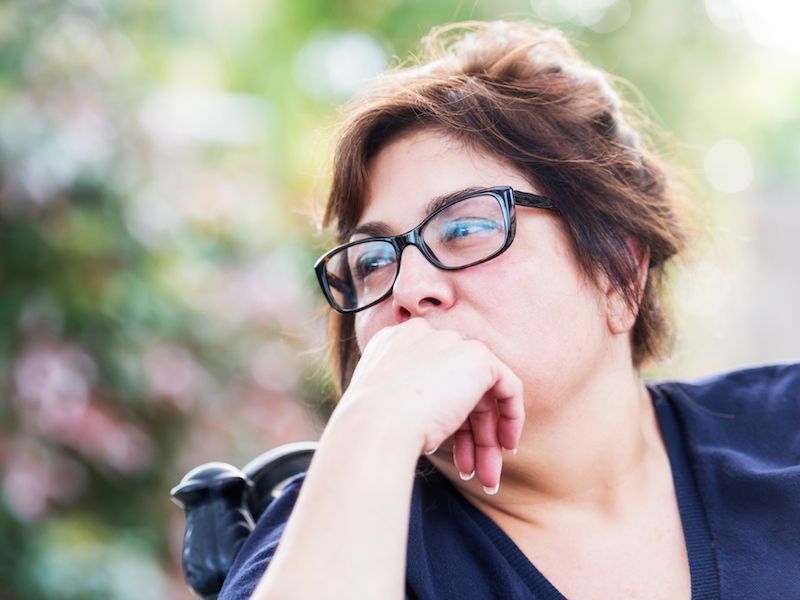
Studies indicate that people with diabetes are twice as likely to have hearing loss, according to the American Diabetes Association. If you are someone that associates hearing loss with getting old or noise trauma, this might surprise you. In 2010, 1.9 million people were diagnosed with diabetes and close to 500,000 of them were below the age of 44. Some kind of hearing loss most likely impacts at least 250,000 of the younger people who have this disease.
A person’s hearing can be impaired by quite a few diseases other than diabetes. Aging is a major factor both in illness and loss of hearing but what is the connection between these conditions and ear health? These diseases that cause hearing loss should be considered.
Diabetes
What the connection is between diabetes and hearing loss is uncertain but clinical evidence appears to suggest there is one. A condition that indicates a person may develop type 2 diabetes, called prediabetes, causes people to lose their hearing 30 percent faster than people who don’t have it.
Even though there are some theories, scientists still don’t understand why this occurs. It is feasible that high glucose levels might cause damage to the blood vessels that feed the inner ear. That’s a realistic assumption since diabetes is known to influence circulation.
Meningitis
This infectious disease causes loss of hearing. Because of infection, the membranes that cover the spine and brain swell up and that defines meningitis. Studies show that 30 percent of people will lose their hearing partially or completely if they develop this condition. This infection is the second most common cause of hearing loss in the American youth.
Meningitis has the potential to damage the fragile nerves that allow the inner ear to forward signals to the brain. Without these signals, the brain has no way of interpreting sound.
Cardiovascular Disease
Cardiovascular disease is an umbrella term that relates to conditions that involve the heart or blood vessels. Some typical diseases in this category include:
- Heart failure
- Stroke
- Peripheral artery disease
- Heart attack
- High blood pressure
- Atherosclerosis
Age related hearing loss is commonly associated with cardiovascular diseases. Injury can easily happen to the inner ear. When there is an alteration of the blood flow, it might not get the oxygen and nutrients it needs to thrive, and damage to the inner ear then leads to loss of hearing.
Chronic Kidney Disease
A 2012 study published in The Laryngoscope found that people have an increased risk of losing their hearing if they have this condition. A separate study found that chance to be as high as 43 percent. However, this connection could be a coincidence. There are lots of the same risk factors with kidney disease and other conditions associated with high blood pressure.
Another hypothesis is that the toxins that collect in the blood due to kidney failure could be to blame. These toxins could damage the nerves in the inner ear, closing the connection it has with the brain.
Dementia
Dementia and hearing loss have a two way effect on each other. There is the indication that cognitive deterioration increases a person’s risk of getting conditions such as Alzheimer’s disease. Brain shrinkage and atrophy are the causes of dementia. Trouble hearing can hasten that process.
It also works the other way around. As injury to the brain increases a person who has dementia will show a decline in their hearing even though their hearing is normal.
Mumps
Early in life the viral infection mumps can cause children to lose their hearing. Hearing loss may impact both ears or only one side. The reason that this happens is that the cochlea of the inner ear is damaged by the virus. It’s the component of the ear that sends signals to the brain. The positive thing is, due to vaccination mumps are pretty rare nowadays. Not everyone will suffer from loss of hearing if they get the mumps.
Chronic Ear Infections
For most people, the occasional ear infection is not very risky as treatment gets rid of it. However, the little bones of the inner ear or the eardrum can take serious damage from repeated ear infections. When sound cannot get to the inner ear with enough force to deliver messages to the brain it’s known as conductive hearing loss. Infections can also lead to a sensorineural hearing loss, which means nerve damage.
Prevention is the key to steering clear of many of the diseases that can cost you your hearing. Throughout your life protecting your hearing will be possible if you exercise regularly, get the right amount of sleep, and have a healthy diet. You should also get regular hearing exams to make sure your ears stay healthy.
